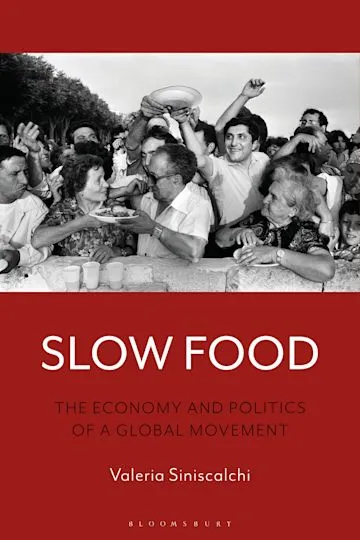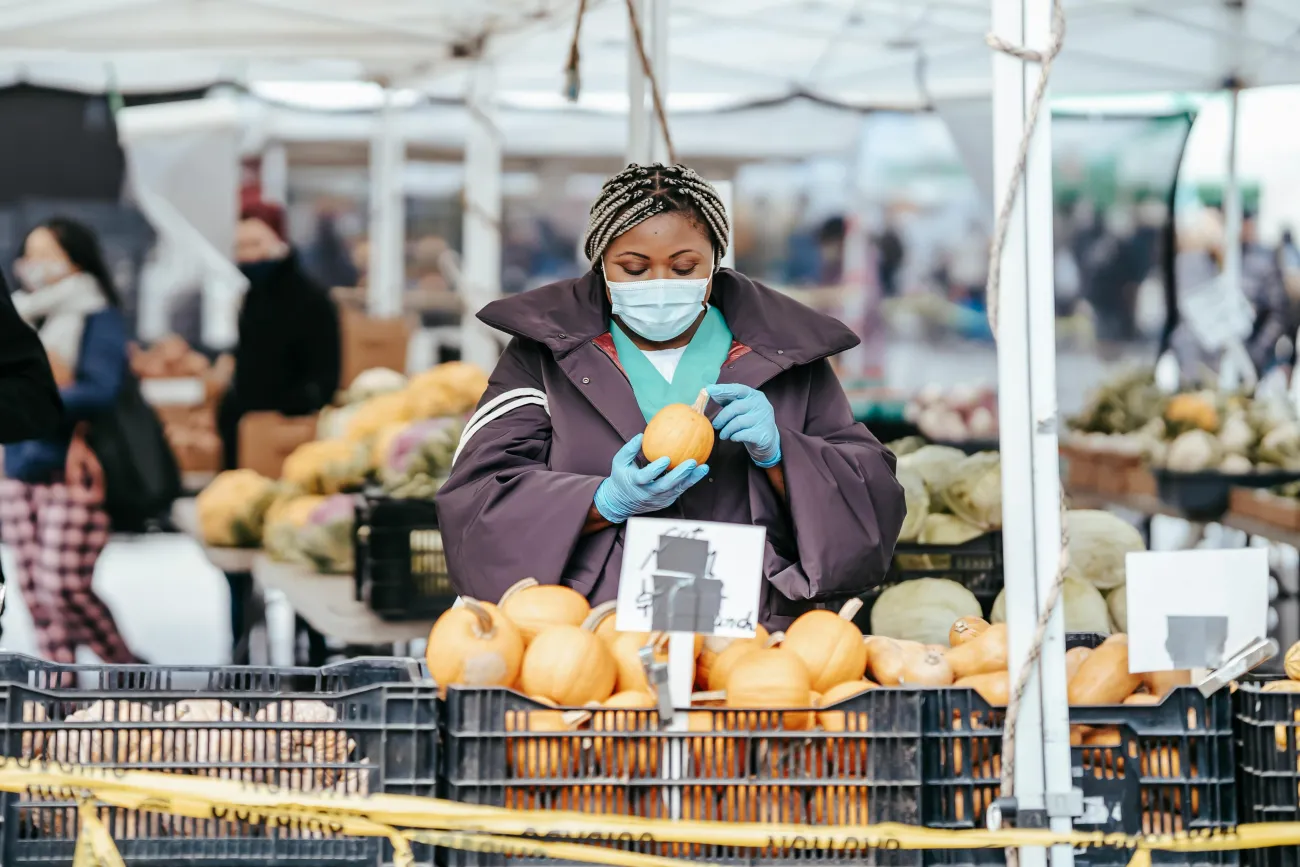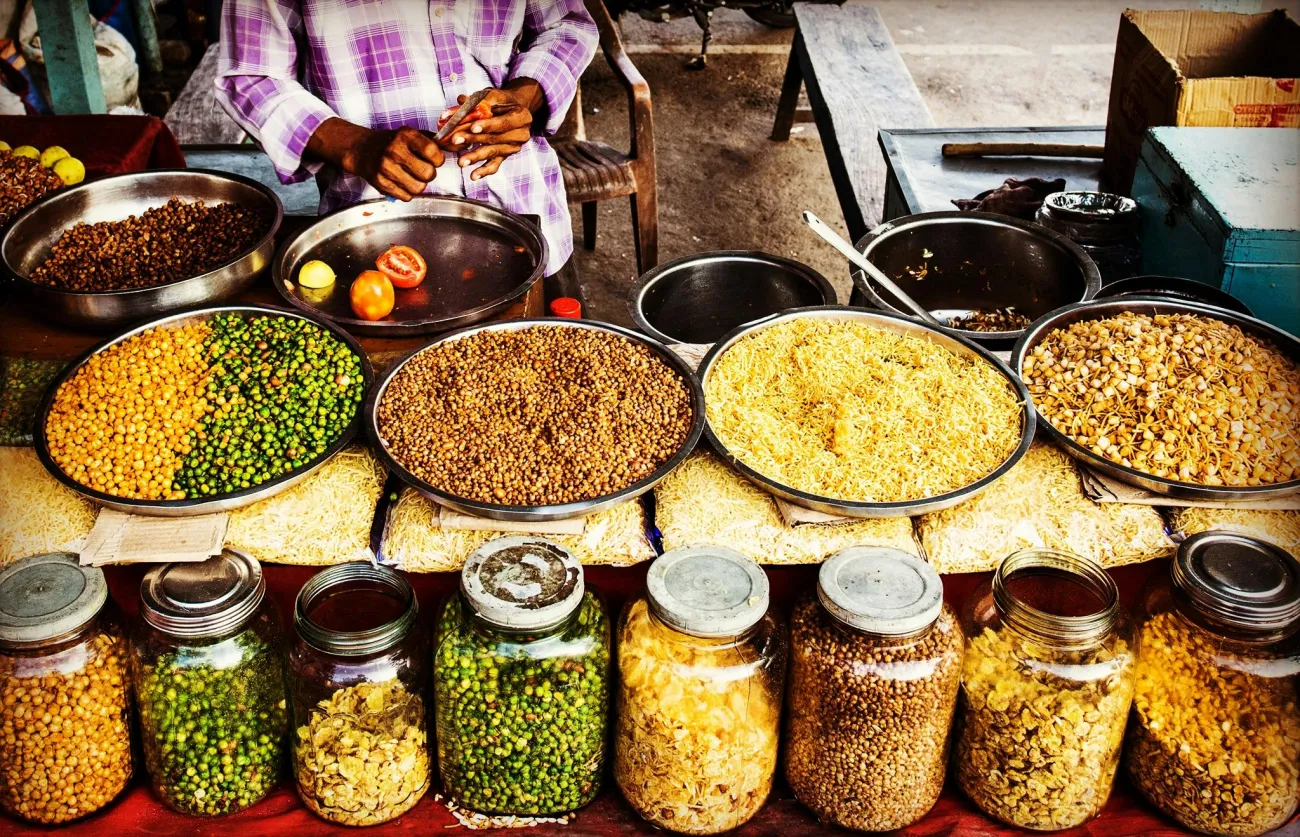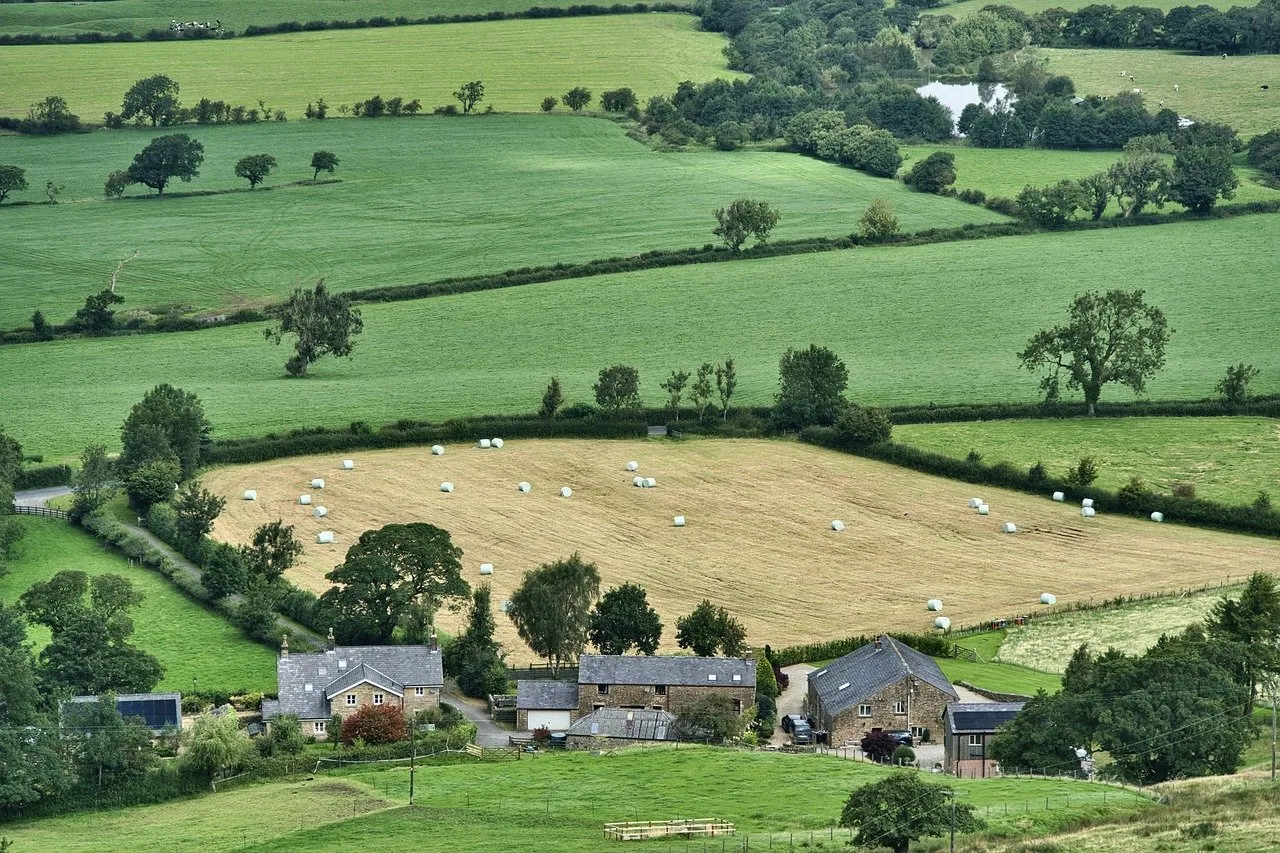Using ethnographic research, Valeria Siniscalchi peels back the curtain on the daily goings on of the famous grassroots food movement, Slow Food. The Slow Food organisation was formed in Italy to promote the values of slow, local and traditional food practices based around community values and sustainable environmental practices. Through engaging with the contradictions, complexities and ambiguities of the movement, Valeria shines a light on one of the most high-profile and controversial food movements of the last thirty years.

Publishers description
Written by one of the leading experts on food activism, this is the only independent, full-length study of the Slow Food movement. Slow Food is a grassroots organisation that embraces a slow way of life, linking the love of food with community and environmental support. Based on three years of ethnographic fieldwork inside Slow Food's international headquarters in Italy, Valeria Siniscalchi reveals what really goes on behind the scenes of this enigmatic organization. Observing daily meetings, decision-making processes, and major events, she explores the contradictions, complexities, and ambiguities of the movement – as well as the passionate commitment of its employees, members, and leaders.
Through talking to insiders and people who have 'broken' with Slow Food, Siniscalchi makes a major contribution to our understanding of one of the most high profile and controversial food movements in the world – and to our knowledge of activist organizations more broadly.
This is an essential read for students and scholars in food studies, anthropology, geography, and sociology and anyone interested in Slow Food.
References:
Siniscalchi, V. (2023). Slow Food: The Economy and Politics of a Global Movement. Bloomsbury, London, UK.
Read more here and read more about the history of local food on the table website




Comments (0)